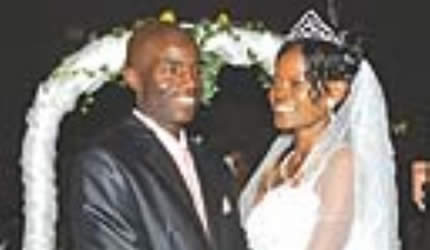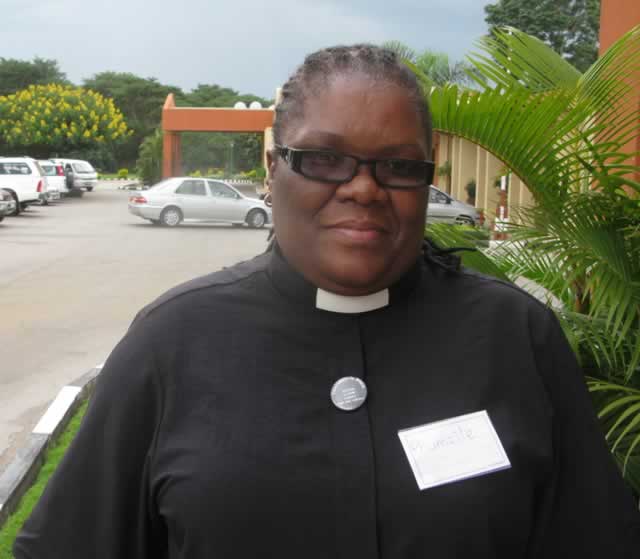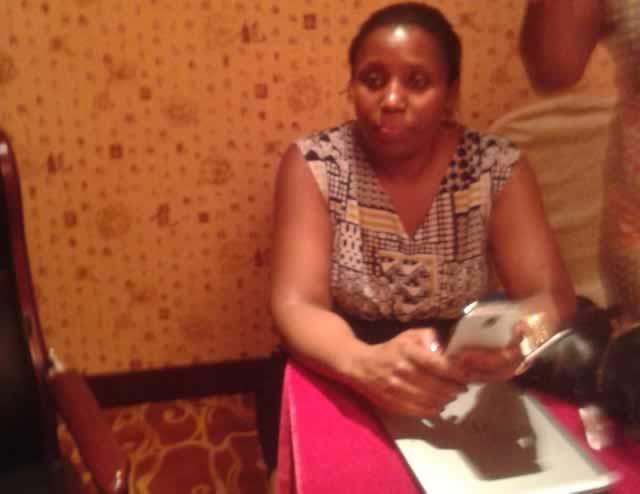Dilemma of discordant partners

One such young man about to tie the knot said he is in a quandary after finding out that they are discordant. He still loves his fiancée but is now confused and is even afraid of getting infected in the new marriage. That he loves his partner is not in doubt as he seeks help. He is concerned if they will be able to bear children and if the kids will be HIV negative.
“How will this be possible without me not getting infected in the process?” he asked. His concerns are genuine and need to be addressed.
It is possible that with medical intervention an HIV positive mother will give birth to an HIV negative child. The success rate of the prevention from mother to child transmission has been over 99 percent.
The young man above is concerned if he will remain negative. So far he has not been intimate with his partner and is concerned that when they want to try for a baby he will be exposed to the HIV virus.
“I am also scared if I will not get infected when we do not use protection as we try to have children,” he raised the important point.
That he is afraid of exposure is true and anyone would be scared where they are in his case.
Although his fear is genuine, were two people not to know their status, there will be no fear at all to indulge in unsafe sex. Could it be that ignorance is bliss, who knows?
Sorry I digress, I pointed out to the young man in a quandary that the decision he was about to make was very important as it concerned matters of the heart.
If he is hesitant then he can take his time and see if he still feels the same way six months later. There is no need to hurry and tie the knot, cards and venues can be put on hold as one takes an evaluation of oneself.
The greatest gift of all is love and if he strongly feels the same way then he can go ahead and marry the love of his life.
My fear is when one makes a hasty decision pending the wedding preparations and goes ahead to tie the knot. Then with everything wrapped and sealed guests invited, one may be forced to go ahead with an uncertain decision because of circumstances. After the wedding, reality sets in and then one is bound to think clearly and see otherwise.
This is what I fear could happen to most people caught in the tangle. It later dawns that the wedding is over and do you still feel the same – if nay, then there is a challenge.
It is not really an HIV status that is the be all in a union. Both can be HIV negative and still fail to be compatible.
There is a living testimony of the Glen View couple who tied the knot a few years ago. The man was HIV negative and knew the wife-to-be was positive but was convinced that they were meant for each other.
Lawrence Tandi tied the knot with Miss Masiiwa Matigira in August 2010. Tandi had taken his time and Masiiwa had been open about her status. It is not something they came across a few days before the wedding, it was a decision arrived at after great thought.
I have also had emails from couples about to get married scared to visit the New Start Centre. I have heard of many preferring to first go alone and if the results are pleasing, then take partner along for confirmation. That is the way they have done it, who am I to dictate?
Ideally partners should have the status known even in the infancy of the relationship. It should be a routine that they are tested because HIV testing is not a one-off event. One may test HIV negative today because they were on the window period. They are required to come back after six months.
A window period is when the virus is in existence but is not detected.
After some time the virus becomes detectable. When a person is infected with HIV, their body responds by producing special proteins called antibodies that fight infection.
“Most people develop detectable HIV antibodies within six to 12 weeks of infection.
“In very rare cases, it can take up to six months and there are nearly always very particular reasons for antibodies developing so late such as other auto-immune disorders. It is exceedingly unlikely that someone would take longer than six months to develop antibodies,” said Avert, an HIV and Aids Charity registered in the UK.
In the case of the young man in a quandary, they both need counselling from professionals in the field. In the meantime, the woman irrespective of her CD4 count may be commenced on ART for her own good and as a measure to protect her partner from getting infected in the event that they become husband and wife.
It has been proven that the use of ARVs can lessen the risk of transmission in discordant couples.
In a statement, UNAids welcomed further evidence of the positive impact of anti-retroviral therapy on preventing new HIV infections.
. If the young man sighted above really loves his woman, then from me, go ahead and settle down. You can have beautiful babies who will be HIV negative as long as your partner registers for the PMTCT programme at 14 weeks of pregnancy.
It is a fact that it costs US$15 to give services to a pregnant mother to prevent HIV transmission to her child. What an immeasurable comparison as compared to having mother and child on ART for life.
In Zimbabwe PMTCT services are available in most clinics and hospitals. The Elizabeth Glaser Foundation working in conjunction with the Ministry of Health and Child Welfare offers the PMTCT services in 62 districts nationwide at 1 445 out of the 1560 Ministry of Health and Child Welfare sites offering PMTCT services. EGPAF does not run its own programmes but supports the Ministry’s programmes that already exist.
Health care workers are encouraged to empower couples to care for, support and protect each other when facing catastrophic diagnosis such as HIV infection especially in discordance cases.
l Send in your thoughts to: [email protected]






Comments